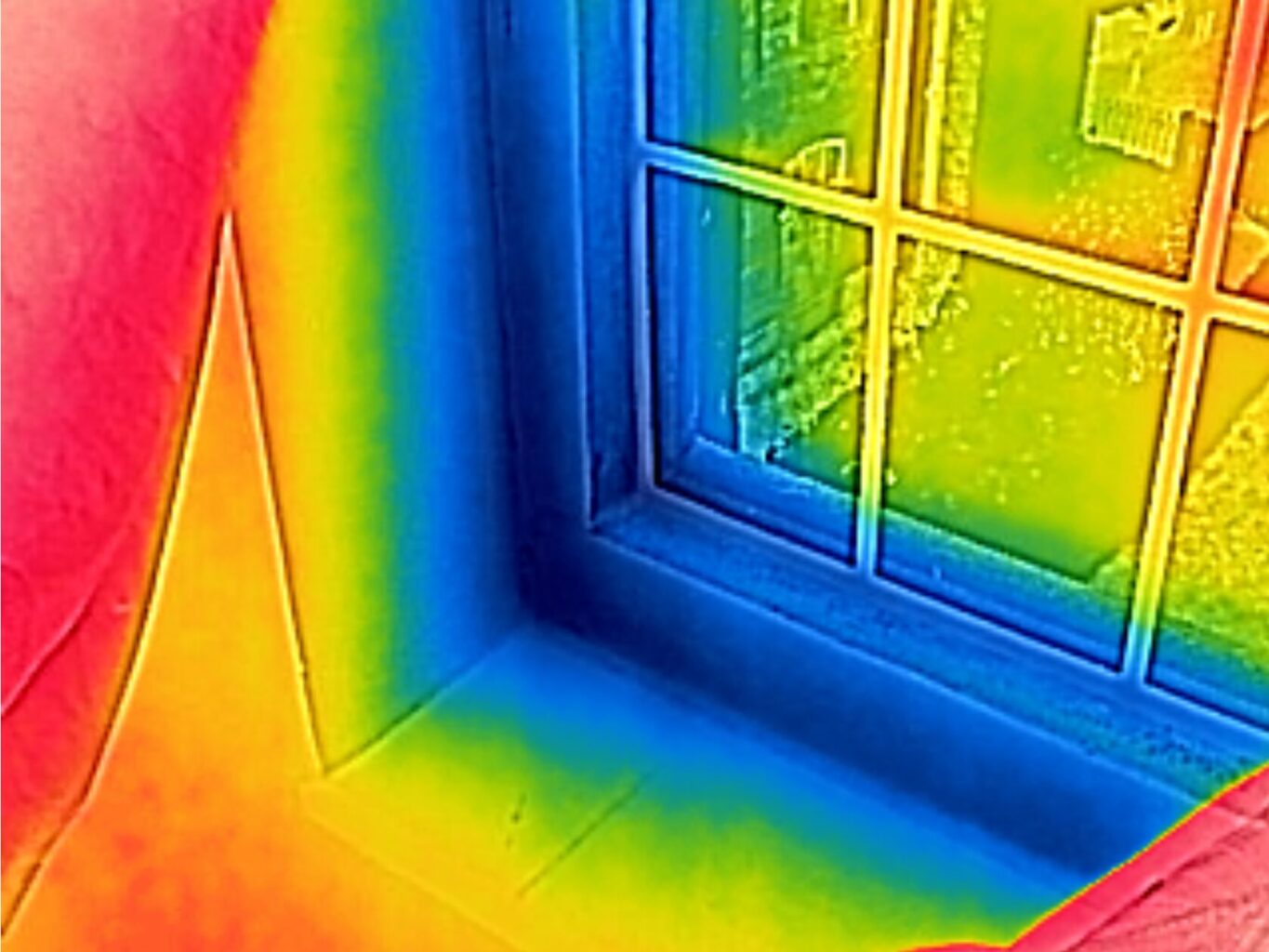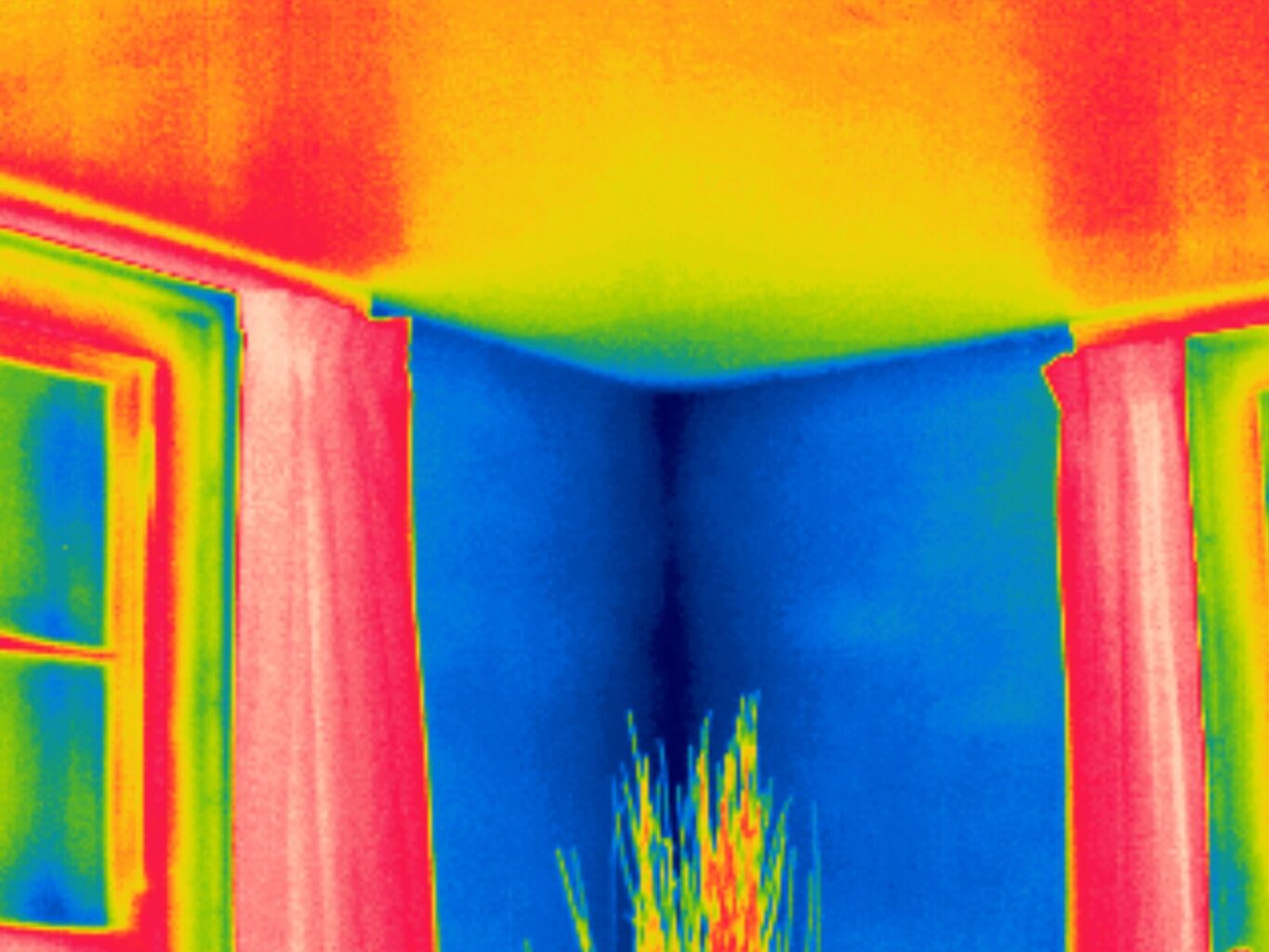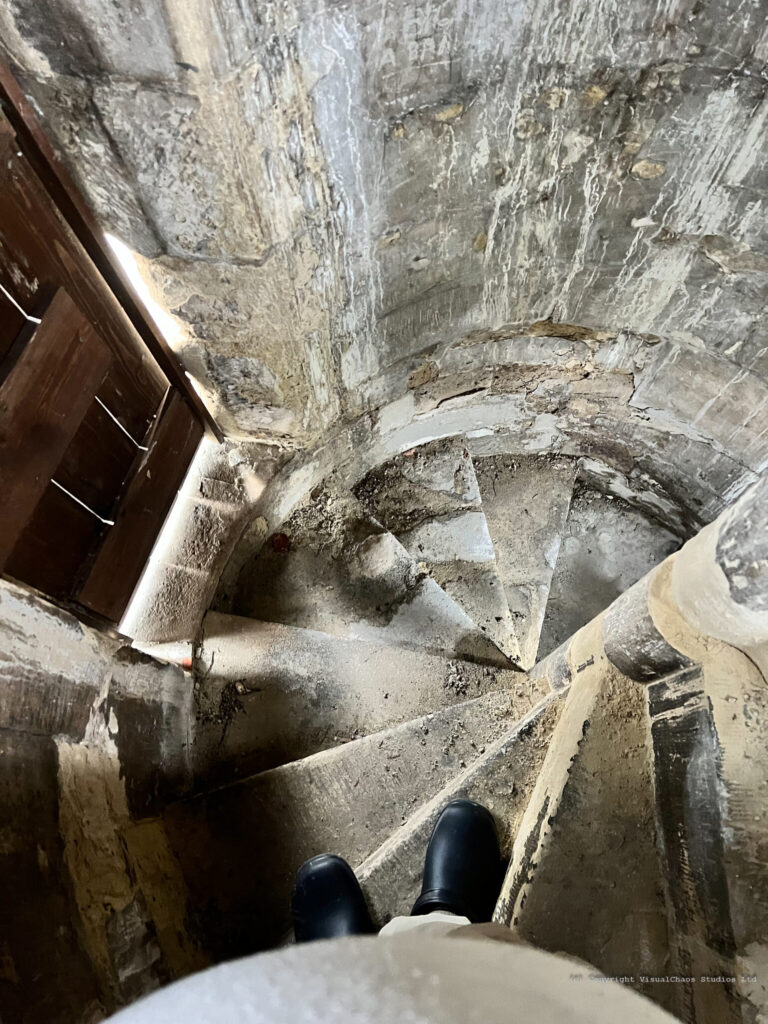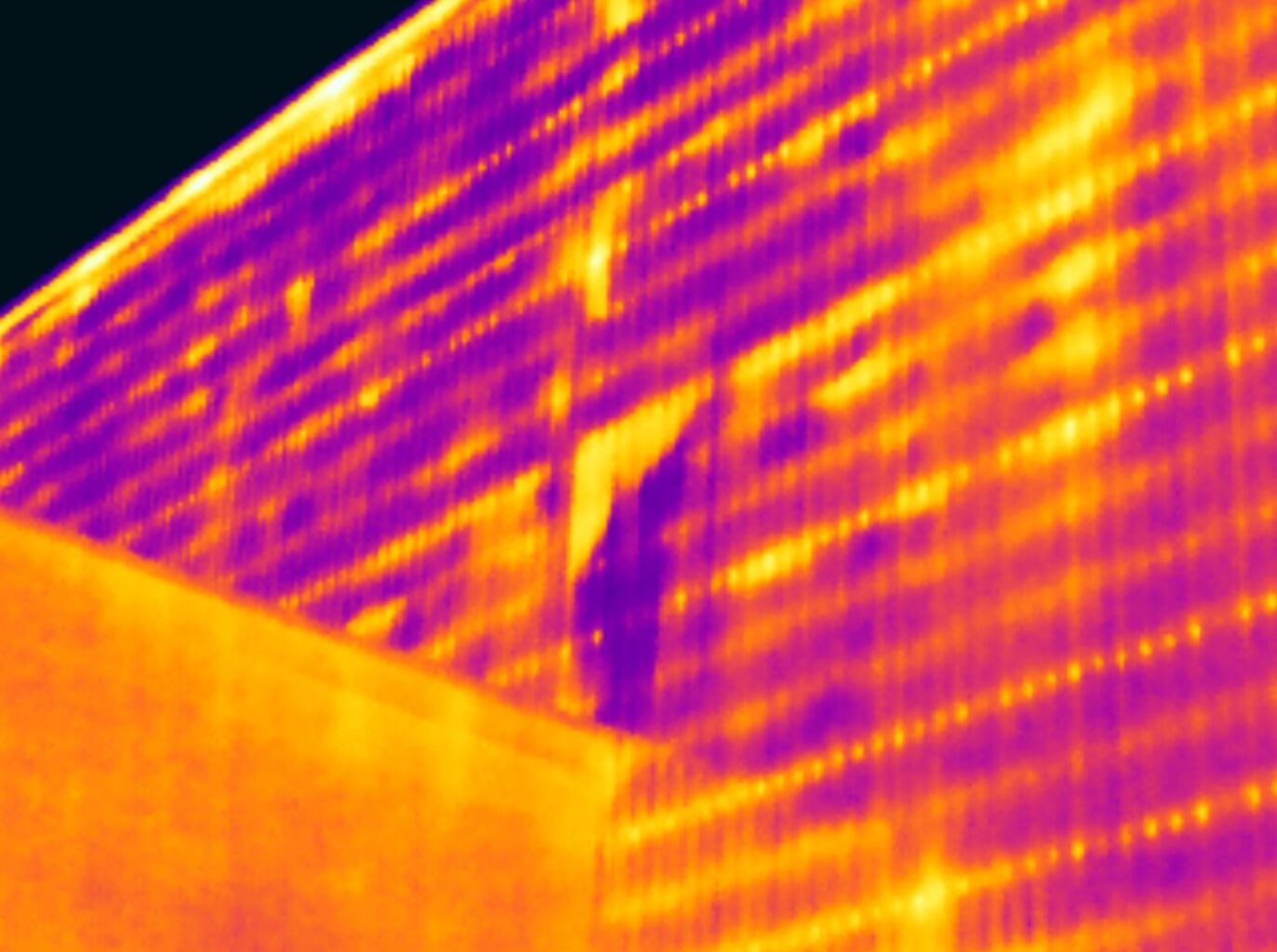Introduction: Unveiling the Art of Location Scouting for Filming
Location scouting is a crucial aspect of the filmmaking process, and when it comes to the BBC, the stakes are even higher. The British Broadcasting Corporation (BBC) is renowned for its high-quality productions, and finding the perfect filming locations is essential to creating captivating and authentic content. In this article, we will delve into the art of location scouting for BBC filming, exploring the RECCE process, navigating the BBC’s filming requirements, and unearthing the perfect locations for their productions.
The RECCE Process: A Step-by-Step Guide to Mastering Location Scouting
The RECCE process, short for reconnaissance, is the initial step in location scouting for BBC filming. It involves visiting potential locations to assess their suitability for the production’s needs. This process is crucial as it allows the production team to evaluate various factors such as accessibility, aesthetics, and logistical considerations.
The first step in the RECCE process is conducting thorough research. The location scout must have a clear understanding of the script’s requirements and the director’s vision. This research helps in identifying potential locations that align with the desired aesthetic and atmosphere. It is essential to consider both iconic landmarks and hidden gems that can add depth and authenticity to the production.
Once potential locations are identified, the next step is to visit them in person. This on-site visit allows the location scout to assess various factors such as lighting conditions, noise levels, and potential challenges that may arise during filming. It is crucial to take detailed notes, photographs, and videos to document each location’s unique features and potential limitations.
After visiting multiple locations, the location scout must compile a comprehensive report for the production team. This report should include detailed information about each location, including its pros and cons, logistical considerations, and any necessary permits or permissions required for filming. The production team can then review these reports and make informed decisions about the final filming locations.
Navigating the BBC’s Filming Requirements: Tips and Tricks for Successful RECCE
When scouting locations for BBC filming, it is essential to navigate the BBC’s specific filming requirements. The BBC has strict guidelines and standards that must be adhered to in order to maintain the integrity and quality of their productions. These requirements may include considerations such as historical accuracy, cultural sensitivity, and environmental impact.
To successfully navigate the BBC’s filming requirements, it is crucial to establish open lines of communication with the production team and the BBC’s location department. This ensures that all parties are on the same page regarding the vision and requirements of the production. Regular meetings and updates can help address any concerns or challenges that may arise during the RECCE process.
Additionally, it is important to be aware of any legal or regulatory restrictions that may apply to specific locations. This includes obtaining necessary permits, licenses, or permissions for filming in certain areas. The BBC’s location department can provide guidance on these requirements and assist in obtaining the necessary documentation.
From Iconic Landmarks to Hidden Gems: Unearthing the Perfect BBC Filming Locations
When scouting locations for BBC filming, it is essential to consider both iconic landmarks and hidden gems. Iconic landmarks can provide a sense of familiarity and grandeur to a production, instantly capturing the audience’s attention. However, hidden gems can offer unique and lesser-known locations that add depth and authenticity to the storytelling.
For example, in the hit BBC series “Sherlock,” the production team utilized iconic landmarks such as the Tower of London and St. Bartholomew’s Hospital to create a sense of grandeur and historical significance. However, they also explored hidden gems like Speedy’s Café in North Gower Street, which became the iconic location for Sherlock Holmes’ residence.
Unearthing the perfect BBC filming locations requires creativity and a keen eye for detail. It is important to consider the script’s requirements, the director’s vision, and the overall aesthetic of the production. By combining iconic landmarks with hidden gems, location scouts can create a visually stunning and authentic backdrop for BBC productions.
Mastering the art of location scouting for BBC filming is a meticulous and essential process. The RECCE process, navigating the BBC’s filming requirements, and unearthing the perfect locations all contribute to creating captivating and authentic content. By conducting thorough research, visiting potential locations, and adhering to the BBC’s guidelines, location scouts can ensure the success of their productions and contribute to the BBC’s legacy of high-quality storytelling.






